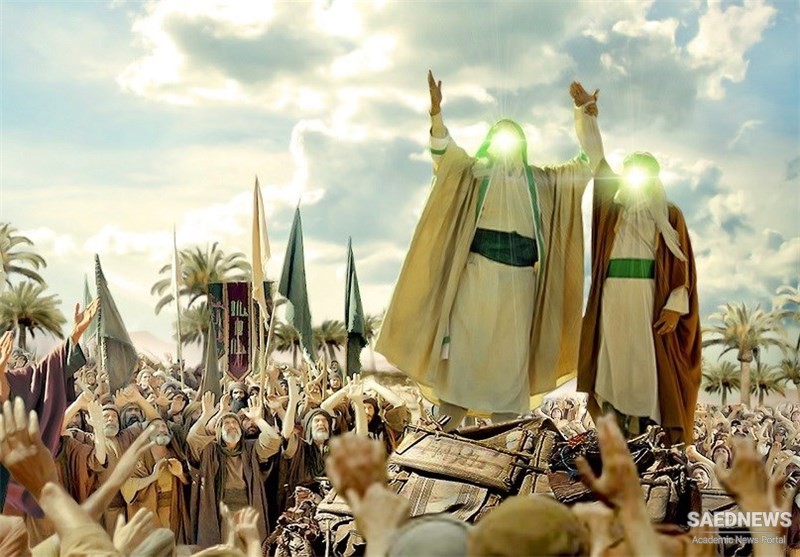It is self-evident that the necessity for enactment of the law, which necessitated the formation of a government by the Prophet (s), was confined or restricted to his time, but continues after his departure from this world. According to one of the noble verses of the Qur’an, the ordinances of Islam are not limited with respect to time or place; they are permanent and must be enacted until the end of time. They were not revealed merely for the time of the Prophet, only to be abandoned thereafter, with retribution and the penal code no longer be enacted, or the taxes prescribed by Islam no longer collected, and the defense of the lands and people of Islam suspended. The claim that the laws of Islam may remain in abeyance or are restricted to a particular time or place is contrary to the essential creedal bases of Islam. Since enactment of laws, then, is necessary after the departure of the Prophet from this world, and indeed, will remain so until the end of time, the formation of a government and the establishment of executive and administrative organs are also necessary. Without the formation of a government and the establishment of such organs to ensure that through enactment of the law, all activities of the individual take place in the framework of a just system, chaos and anarchy will prevail and social, intellectual and moral corruption will arise. The only way to prevent the emergence of anarchy and disorder and to protect society from corruption is to form a government and thus impart order to all the affairs of the country.
Both reason and divine law, then, demonstrate the necessity in our time for what was necessary during the lifetime of the Prophet (s) and the age of the Commander of the Faithful, ‘Ali ibn Abi Tālib (‘a) namely the formation of a government and the establishment of executive and administrative organs. In order to clarify the matter further, let us pose the following question. From the time of the Lesser Occultation down to the present (a period of more than twelve centuries that may continue for hundreds of millennia if it is not appropriate for the Occulted Imām to manifest himself), is it proper that the laws of Islam be cast aside and remain unexecuted, so that everyone acts as he pleases and anarchy prevails? Were the laws that the Prophet of Islam labored so hard for twenty-three years to set forth, promulgate, and execute valid only for a limited period of time? Was everything pertaining to Islam meant to be abandoned after the Lesser Occultation? Anyone who believes so, or voices such a belief, is worse situated than the person who believes and proclaims that Islam has been superseded or abrogated by another supposed revelation.
No one can say it is no longer necessary to defend the frontiers and the territorial integrity of the Islamic homeland; that taxes such as the jizyah, kharāj, khums, and zakāt6 should no longer be collected; that the penal code of Islam, with its provisions for the payment of blood money and the exacting of requital, should be suspended. Any person who claims that the formation of an Islamic government is not necessary implicitly denies the necessity for the implementation of Islamic law, the universality and comprehensiveness of that law, and the eternal validity of the faith itself.


 Taqlid or Imitation of the Competent Jurist as a Pillar of the Shia Islam
Taqlid or Imitation of the Competent Jurist as a Pillar of the Shia Islam














































